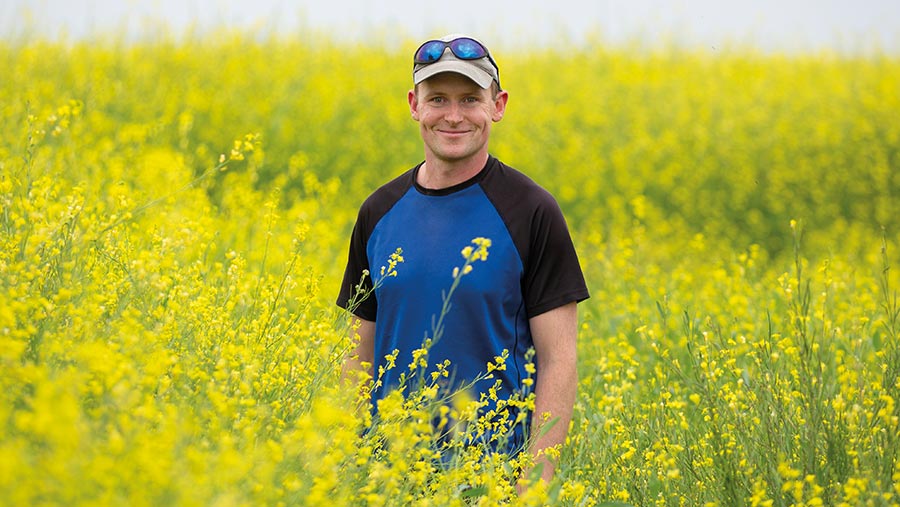Chris Bennett: Beware the downside of diversification
 Chris Bennett © Johnny Houston
Chris Bennett © Johnny Houston It bothers me that when times are hard in farming we get told we need to diversify to survive.
I fear farmers are led down a path of bringing in additional income from secondary businesses that can act as a distraction from running their primary one – the farm.
The result is that the already struggling farm suffers further.
See also: Chris Bennett – calving masterclass highlights value of help
The AHDB has identified eight characteristics that high-performing farms tend to have in common.
One is attention to detail, something that can be lost when time and headspace is spread too thinly across multiple businesses.
Another characteristic is that they specialise. As I see it, specialisation is the opposite of diversification, so it would follow that diversification would be a likely characteristic of a low-performing farm.
I acknowledge that there are some wonderful examples of successfully diversified farms out there.
The home farm I have come back to has been diversified to include self-catering holiday apartments, a wedding venue and renewable energy.
I can see first-hand the benefits of having multiple income streams. They can smooth out the short-term peaks and troughs in profitability, improve cashflow, and utilise otherwise derelict farm buildings.
However, I do not believe a farm should be artificially propped up by another business if it were otherwise unviable in the long term. As an industry, we are unique in our willingness to allow this.
I have spent a lot of time in New Zealand, where farmers have a reputation for being among the best in the world and diversification is much less common.
There is a question of cause and effect.
Is it that they don’t need to diversify because they are excellent farmers, or are they excellent farmers because they haven’t diversified and can focus all their energy on farming to the best of their abilities?
It has been said many times before that to be a farmer you must wear many hats. You must be an agronomist, a mechanic, a vet, an accountant and so on.
Do we really need to add more professions to that list?


